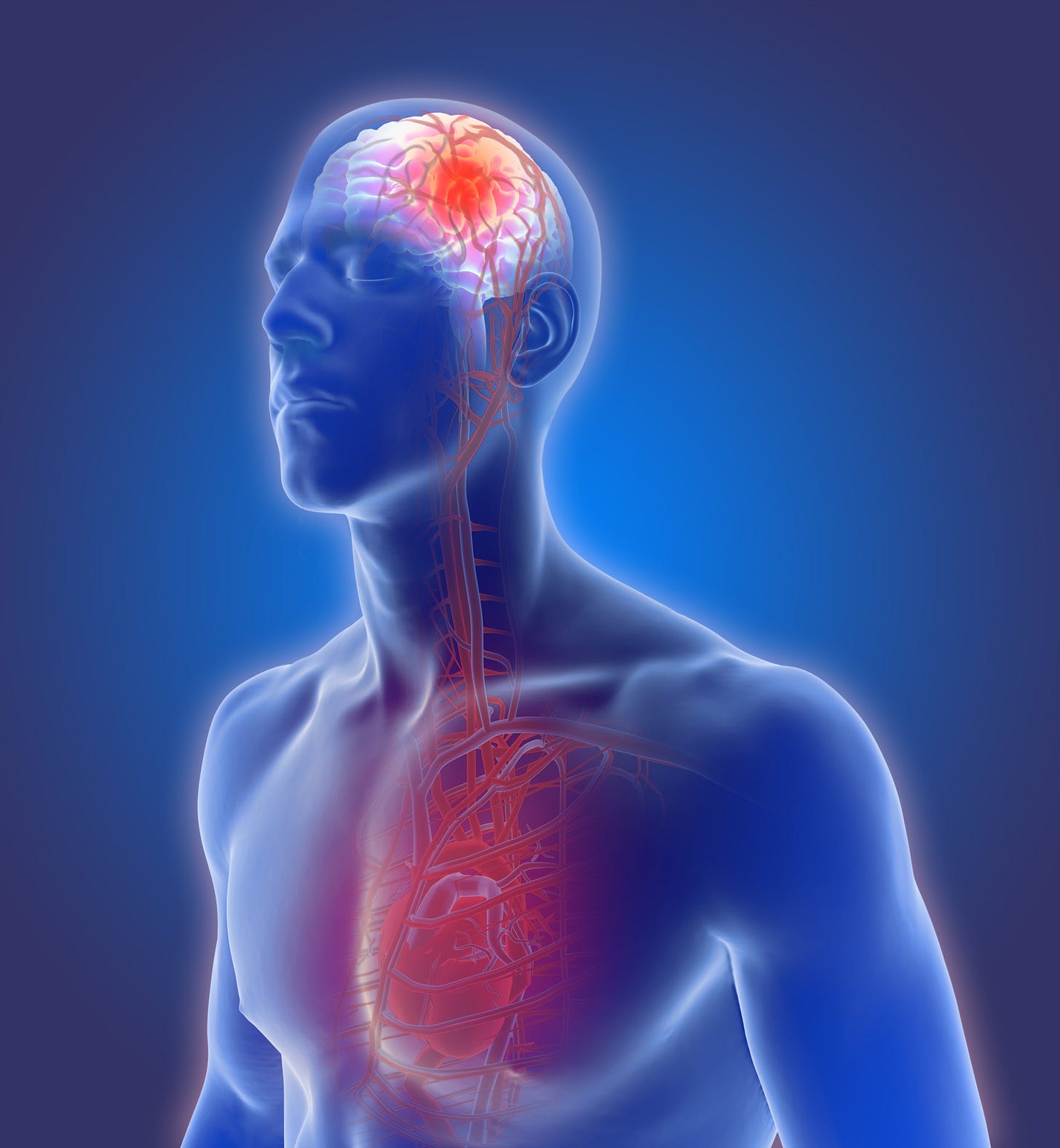Qigong and Heart Health: Unlocking the Cardiovascular Benefits through Ancient Wisdom
Free Professionally Filmed and Edited Course on Meditation and Neuroplasticity
Introduction:
In the realm of holistic health practices, Qigong stands out as a centuries-old Chinese discipline that combines movement, meditation, and breath control to promote balance and harmony within the body. Beyond its roots in traditional Chinese medicine, Qigong has g…



